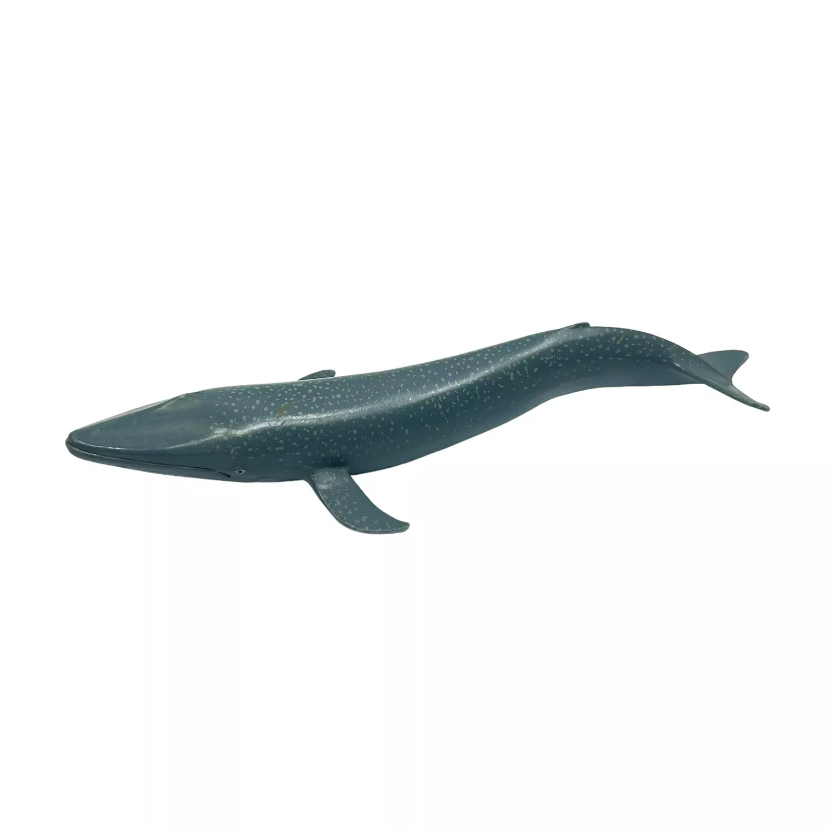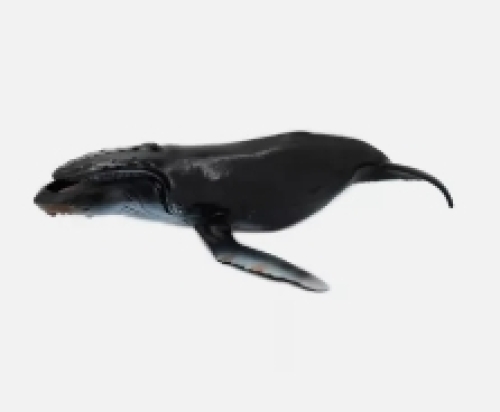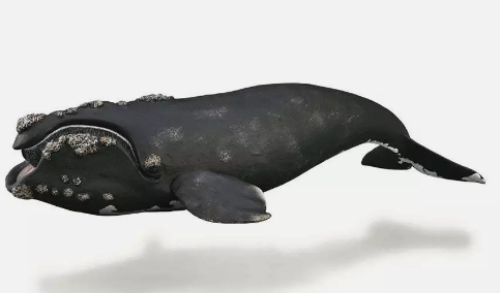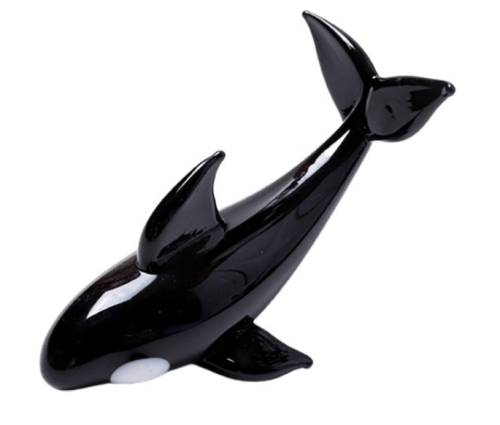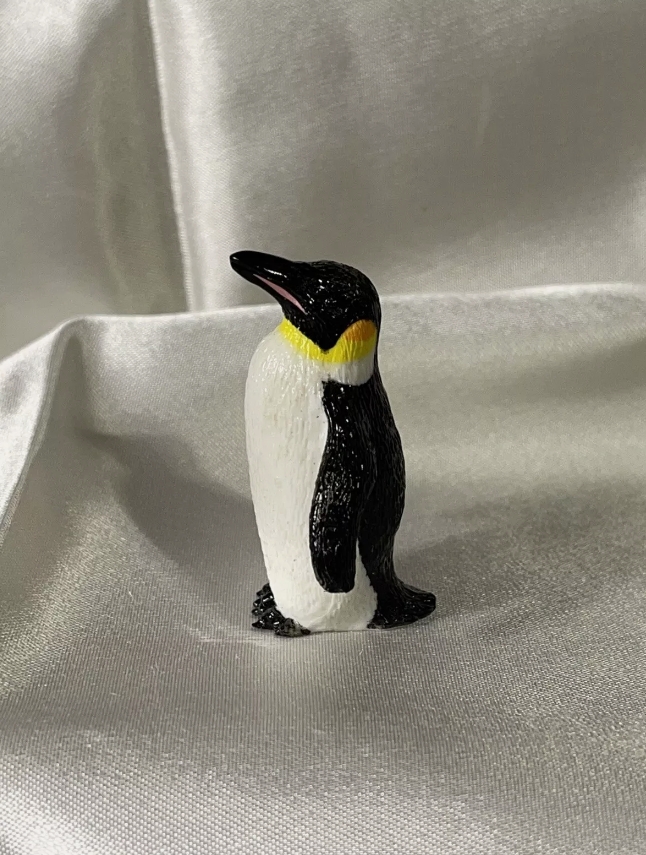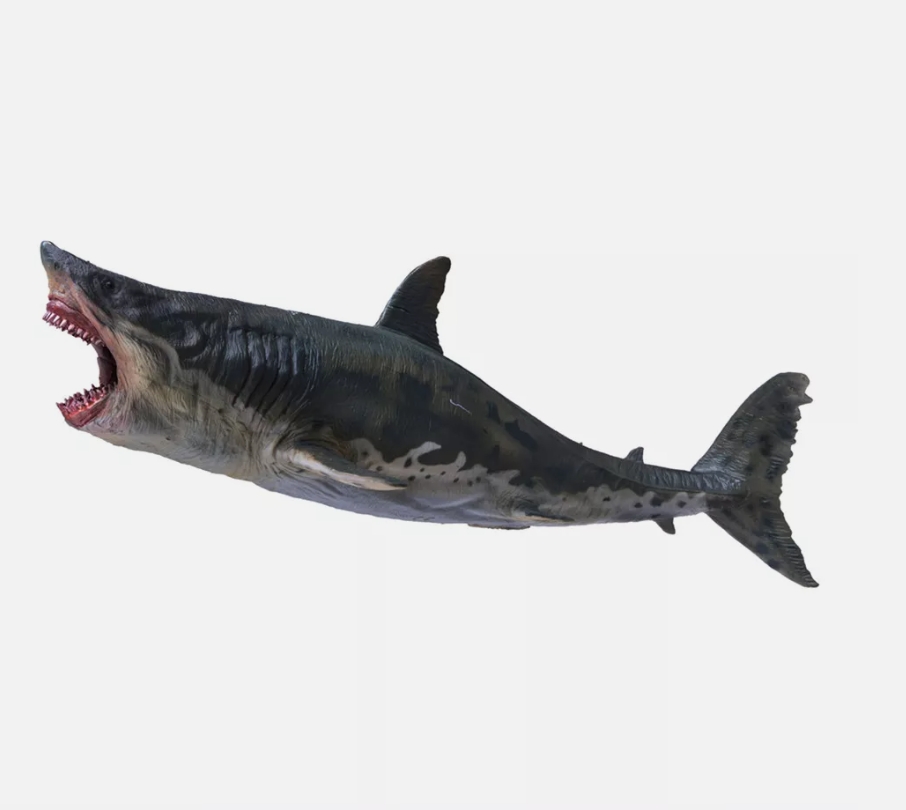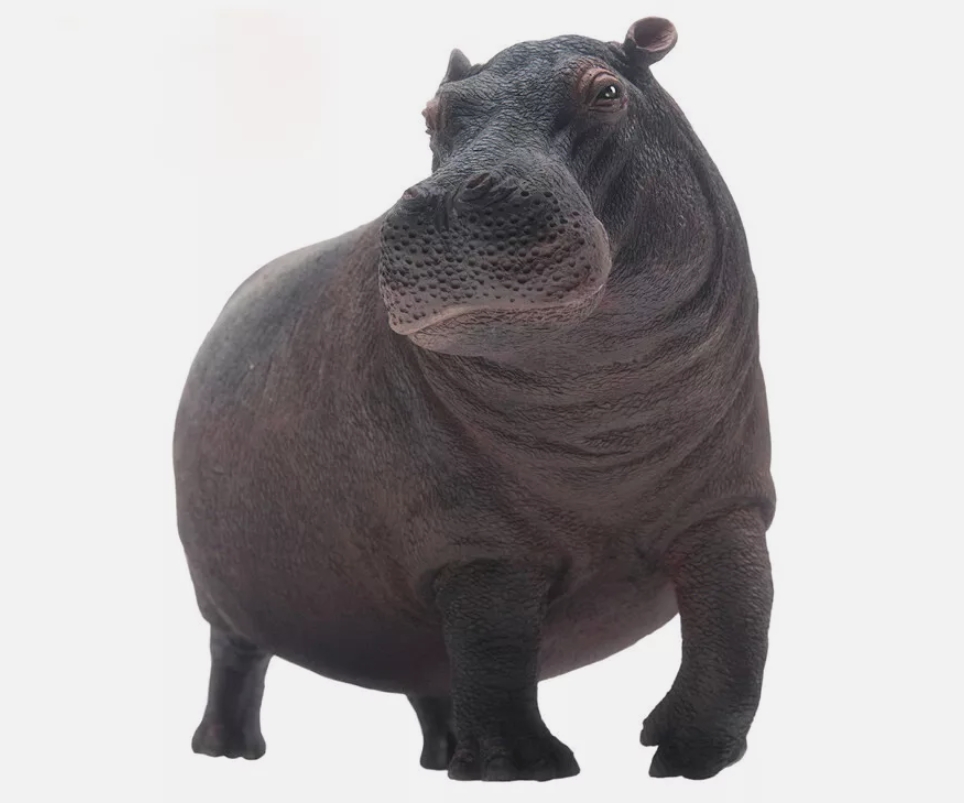Whales, especially large whale species such as blue whales and humpback whales, are the top predators in the Marine ecosystem and play an important role in the health and balance of the Marine environment. The study of whale models focuses not only on the biology and behavior of the whale itself, but also on the role it plays in the food chain, providing important information about the complexity of Marine ecosystems.
With their unique foraging skills, cetaceans can effectively regulate the stability of prey populations. Humpback whales, for example, hunt through bubble nets, gathering small fish together and making them easier to catch, which has a direct impact on small fish populations. Therefore, the existence and health of cetaceans are not only related to their own survival, but also closely related to the entire Marine ecosystem.
Whales also play an important role in the carbon cycle. In the course of their lives, they transfer large amounts of carbon dioxide from surface waters to the deep ocean floor, which in turn supports global carbon deposition. Therefore, the conservation of whales not only contributes to biodiversity, but also has far-reaching implications for the fight against climate change.
Through the study of whale models, scientists can better understand the health of Marine ecosystems and the impact of human activities on the Marine environment, so as to provide a scientific basis for the development of effective conservation measures.

